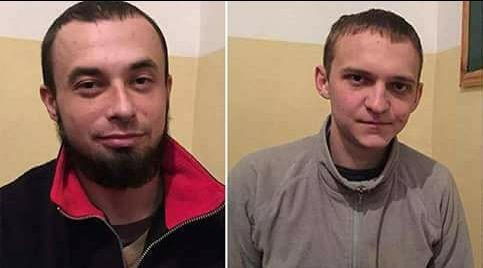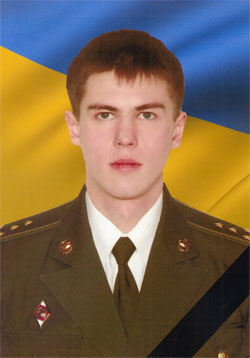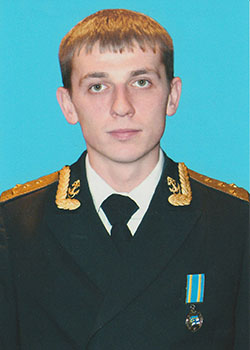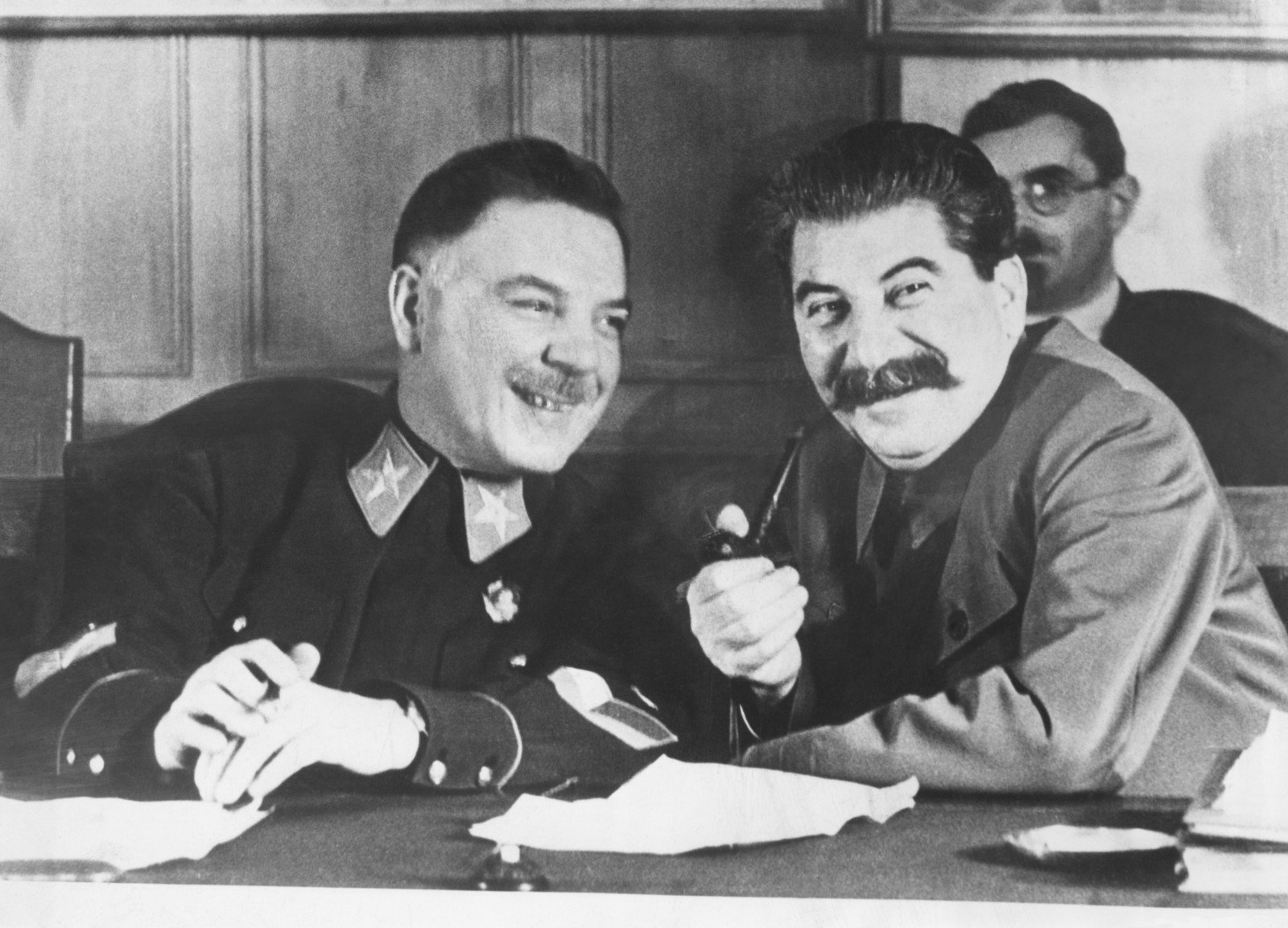Radio Donbas. Realii and the Centre for Civil Liberties have teamed up to work on the “Unforgotten” series, recounting the stories of Ukrainian civilians and prisoners of war who are waiting to return home from their cellars, detention centres, penal colonies and camps in the so-called “DNR/LNR”.
Here are the stories of special forces soldiers Serhiy Hlondar and Oleksandr Korinkov, who were captured near Debaltseve almost five years ago. Both their wives are waiting for them. During Hlondar’s captivity, his wife gave birth to their second daughter; meanwhile, the Korinkov couple is still on their honeymoon… they got married a few weeks before the Battle of Debaltseve.

Speaking under cover of anonymity, a soldier of the 3rd Special-Purpose Regiment recalls what happened near near Debaltseve:
“The Hlondar and Korinkov group were ambushed by Russian military personnel. If our boys had been taken by local militants, who knows whether anyone would’ve survived?!”
On February 16, 2015, this soldier was in one of the groups escorting a convoy of wounded and dead soldiers of the Armed Forces. Serhiy Hlondar and Oleksandr Korinkov were also escorting the convoy, but they were party of the first group.
“We didn’t see the battle, but we certainly heard what was happening! We were ordered to immediately move forward and help them out. We got closer, but then walked into an ambush. We tried to get out - three men were wounded, one critically… God was watching over us then. We survived because there were thick fogs all around us.”
Two special forces soldiers were killed in combat: commander of the group, 26-year-old Captain Yuriy Butusov (nom de guerre “Lirnyk”) and senior soldier Vitaliy Fedytnyk. Also killed was military journalist and Sector C press officer Dmytro Labutkin. Sergeant Vadym Dovhoruk, who was gravely wounded, miraculously survived. He was in the same armoured vehicle as the commander, lost his arm during the battle, but managed to crawl away and hide. Three days later, Dovhoruk was found by enemy militants; he was taken prisoner and transported to hospital, where both his legs were amputated due to frostbite.
From the Butusov group, five soldiers from the 3rd Regiment were captured that day: Hlondar and Korinkov
, Vitaliy Aleksin, Oleksiy Sazonov and Vitaliy Kravets. On April 6, 2015, Sazonov, Kravets and 14 other Ukrainian POWs returned home.
“Soldier Alexin claims that he escaped from captivity. He explains that one day, he, Hlondar and Korinkov were taken to the ruins of Donetsk Airport where they were ordered to clean up the territory. Alexin allegedly seized the opportunity and fled. He no longer serves in our regiment.” says the soldier.
"Little Ania wants to move to her Dad’s home..."

Serhiy Hlondar’s wife, Kateryna, get most of her information about her husband from videos published by Russian propagandists and posts by the “DNR’s ombudsperson” for human rights, Dariya Morozova.
“The last time I spoke with my loved one was in the summer of 2016, and it’s been a little over a year since I last received a letter from him. There’s no news, no connection… I don’t know when Serhiy will return home.”
On the day her husband was captured, Kateryna learned that she was pregnant for the second time. She gave birth, years passed and this year, she enrolled her youngest daughter in kindergarten and eldest daughter in first grade.
“My youngest is called Ania, my eldest is Mariyka. I tell them that Dad is a soldier and a prisoner. Mariyka is six years old, so she understands everything, but Ania, who will soon be four, can’t understand why other children have fathers that live at home with them, but she doesn’t. Ania once said that she would move to live with her dad. She started packing her things in a suitcase, saying: “I don’t want my Dad in photos. I want to be with him.”
Kateryna thinks official Ukrainian structures are not too concerned about her husband’s fate. Despite the fact that she regularly writes requests and appeals, the Presidential Office, the Security Service of Ukraine and other agencies just shrug their shoulders and tell her to wait, they’re doing their best.
“But, I’m not giving up hope and I’ve stopped complaining and pitying myself. I have a goal - to ensure that my daughter sees their father as soon as possible!”
"My husband wasn’t able to attend his father’s and grandmother’s funerals…"

It is the same scenario with Oleksandr Korinkov’s wife, Yuliya. Together with relatives of other Ukrainian prisoners of war, she has attended rallies and written dozens of appeals over the years, but admits that “it’s very hard to wait alone between four walls”.
“Only God knows what the conditions are where Sasha is being held. Of course, I live in fear and despair, but that’s nothing compared to what my sweetheart has been experiencing for almost five years."
Yuliya got a phone call from her husband when he was captured. Today, almost five years later, she remembers every word of that conversation, when Oleksandr called her at 17:27 on February 16, 2015.
“At that time, nobody had called me from his unit to let me know what had happened. I went there myself. They told me that they didn’t know anything and to wait. That same evening, I spoke with the SBU, then volunteers and other relevant agencies. I waited, but there was no news, nothing… silence. Then, next day, the militants started posting different videos on social networks… and I saw Oleksandr.”

Oleksandr went to defend his country when he was only 22 years old. He was captured when he turned 23, now on October 15, he will turn 28. The couple got married a few weeks before the Battle of Debaltseve. Yuliya sighs and says tearfully that they have been on their honeymoon for five long years, “but unfortunately, he’s on the other side of demarcation line”.
“People say that you get used to everything, and that time heals all wounds. That’s just not true! I haven’t got used to it, and time hasn’t healed anything. Sasha’s been in captivity for over 1680 days. He wasn’t even able to attend his father’s and grandmother’s funerals. I’ll never forgive them for putting my husband’s name on the prisoner exchange list so many times and then striking it out. Our husbands are rotting alive, but does anyone else care? I don’t think our stories really affect other people.”

- Vladimir Putin continues to deny the presence of Russian troops in the hybrid Donbas war. However, enough evidence has been collected so that the whole world can see that the so-called “DNR/LNR” were created and exist solely with the Kremlin’s assistance and serve as its proxy agents. It is Russia that exercises effective control over the de facto authorities in these territories, and therefore, under international law, Russia is the country that actually occupied the Donbas and is responsible for all human rights abuses.
- Crimea and the Donbas, occupied by Russia, are by far not the only “gray zones” where human rights have been widely violated. Unfortunately, abductions and torture occur all over the world. Therefore, we must fight hard to capture the international community’s attention with regard to our POWs in ORDLO. We must organize public actions and meetings in different countries and loudly demand that Russia release these illegally detained persons.
- Human rights activists have recorded thousands of testimonies by different persons released from captivity. They include soldiers and civilians, men, women and children. Many of them have been beaten, raped, tortured, starved, or had their limbs cut off. This happened in all the detention facilities, which we now refer to as “cellars”. The magnitude and systematic nature of such practices give us reasons to say that we are dealing with international crimes. Under international law, such crimes (war crimes and crimes against humanity) have no statute of limitations and are not subject to amnesty.









